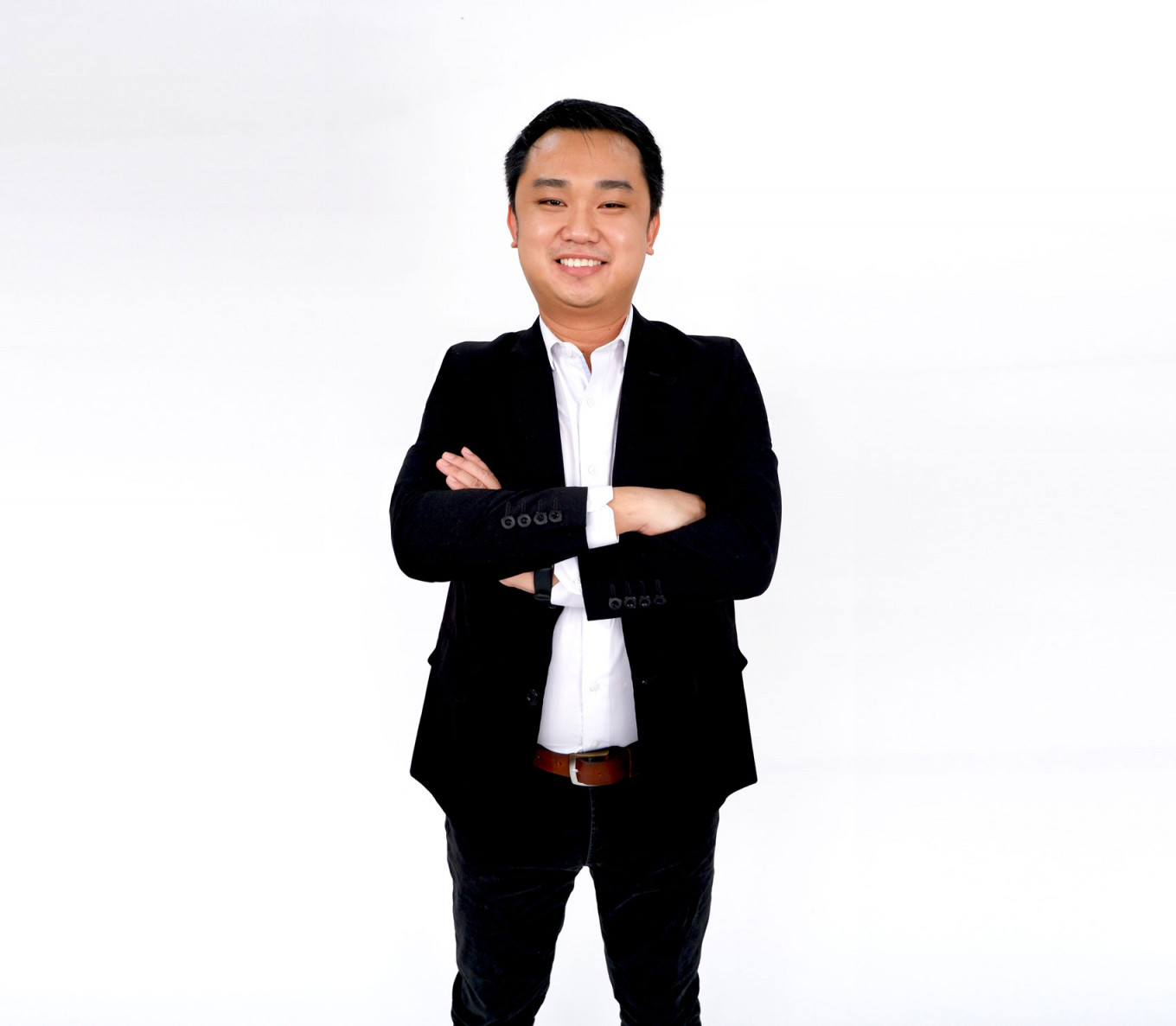Popular Reads
Top Results
Can't find what you're looking for?
View all search resultsPopular Reads
Top Results
Can't find what you're looking for?
View all search resultsEdenFarm focuses on profitability to build sustainable food system
Change text size
Gift Premium Articles
to Anyone
T
he unforeseen COVID-19 pandemic and resulting market turmoil prompted agritech start-up EdenFarm to shift its focus from hypergrowth to profitability.
While acknowledging the usefulness of venture capital’s support for a start-up to grow, EdenFarm CEO David Setyadi Gunawan said that even though growth is important, we should think about profitability because it will ensure business sustainability.
“Succeed in fundraising alone is not enough. We have to be prudent, not only focusing on growth, but we also have to pay attention to cash flow and make this sustainable. Or else, it will not only disrupt the market in a bad way, and risk the business to stop giving impact to the farmers and society,” said David, who established EdenFarm in 2017 with Ramavito Mountaino and Febrianto Gamal, now respectively CFO and COO.
EdenFarm distributes fresh produce from farmers to the hotel, restaurant and cafe (horeca) industry, street food vendors, wet markets, businesses and other B2C (business-to-consumer) start-ups.
With its mission to feed the nation through building a hyper-efficient food supply chain, EdenFarm has benefited both farmers and society, including by increasing farmers’ incomes and consumers’ savings from food costs.
According to David, EdenFarm is striving to simplify the food supply chain and improve margins by reducing prices and cutting out middlemen, providing accurate demand forecasts to farmers through digital acceleration and achieving predictable production.
When it comes to sustainability, EdenFarm focuses on eliminating food waste, as the long supply chain from farmers to consumers could hamper the creation of a sustainable food ecosystem.
“That’s what we can do today. We eliminate waste in the food supply chain,” said David.
“We have eliminate food waste until it’s only 1 percent waste. The amount can be retained because we have diversified demand across Java,” he pointed out.
EdenFarm works directly with around 4,000 farmers, including millennial farmers, with different collaboration models to bolster a sustainable food supply chain. One model of collaboration it employs is partnerships, under which EdenFarm offers supervision during the farm planning stage as well as provides farmers with assistance in production costs, seeds, fertilizers, pesticides, vitamins and other materials needed to produce a good harvest.
David said that keeping a consistent demand was No. 1 in maintaining farmers’ trust, and that EdenFarm’s B2B (business-to-business) business model is able to provide an accurate demand forecast.
“The demand forecast among our farmers is understandable, because when we farm, we need guaranteed demand.”
Continuing, David said the country was not yet ready for an advance hi-tech agri production system, given that the domestic market did not yet have sufficient purchasing power.
“For example, if we operated our farms by paying more attention to purchasing power, the production cost would be five times higher than usual, while Indonesian consumers are still price-sensitive. We still cannot [offer] high quality at fair prices. Right now, we are still trading on higher prices for higher convenience,” he said.
“The best thing we can do now is to eliminate waste by creating an efficient supply chain and mechanizing farming to increase yield. This way, we able to increase farmers’ incomes while being responsible to the environment.
He also emphasized that “utilizing more environmentally friendly methods and technology” was key to improving “the sustainability of our food production ecosystem”.
EdenFarm is also contributing to accelerating sustainable farming by maintaining demand, marketing and supervision to empower farmers.
“So, if we are to be responsible with all the leverages that we have right now, we have to teach our farmers the best farming practices. These include sustainable methods, and they will follow us because we have the demand.”
Looking ahead, David said EdenFarm planned to go public, either in Indonesia or overseas. “I think it will depend on market conditions,” he added.
EdenFarm also aimed to expand its business to other Southeast Asian countries, such as Vietnam or the Philippines. “But focus should be given to profitable endeavors,” he said.
By shifting its strategy to focus on profitability, David was optimistic that EdenFarm would realize its mission to support sustainable food systems.










